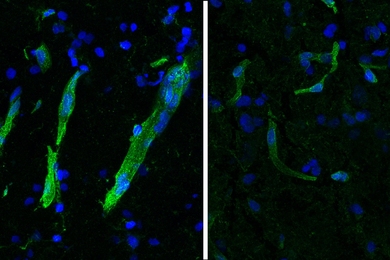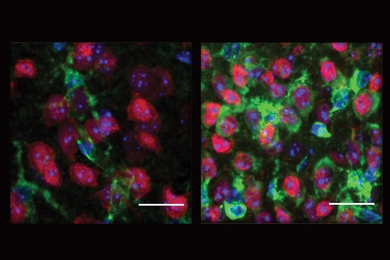Study: Movement disorder ALS and cognitive disorder FTLD show strong molecular overlaps
Single-cell gene expression patterns in the brain, and evidence from follow-up experiments, reveal many shared cellular and molecular similarities that could be targeted for potential treatment.












